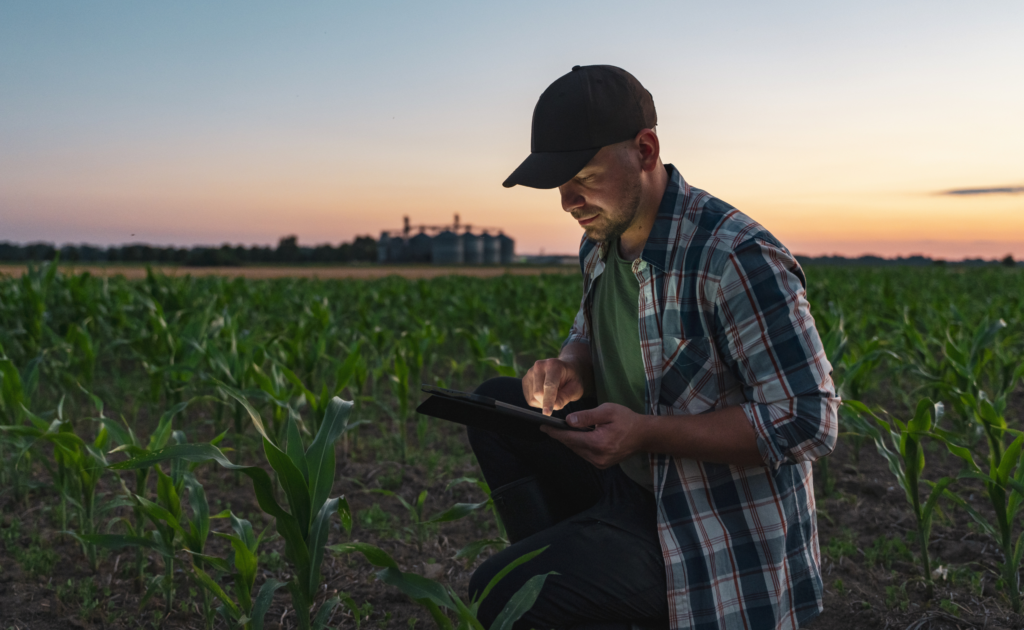Introducing Our New Conservation Farm Lease: Preserving the Farm for Future Generations

By: Jeremy Sills, President
In a world facing numerous environmental challenges, the importance of sustainable agriculture and responsible land management cannot be overstated. As a response to this pressing need, we are proud to introduce our new Conservation Farm Lease, a groundbreaking initiative aimed at promoting stewardship and preservation of our natural resources for future generations. In this blog post, we will outline the key features of our lease and shed light on why it is of paramount importance for both the present and the future.
At the core of our Conservation Farm Lease is a commitment to sustainable agriculture practices. By embracing techniques such as crop rotation, cover cropping, and reduced tillage, we aim to minimize soil erosion, preserve water quality, and improve soil health. Sustainable agriculture not only ensures the long-term productivity of the land but also safeguards the value of the land asset itself.
Healthy soil is the foundation of a thriving farm. Through our Conservation Farm Lease, we prioritize soil health and conservation by promoting practices like no-till and strip-till, cover crops, appropriate waterway use and maintenance, and precision technology. These approaches enhance soil structure, reduce nutrient runoff, and increase soil carbon sequestration. By caring for our soil, we ensure its fertility for future generations, while mitigating the impact of climate change through carbon sequestration.
Water quality is a pressing issue in the Midwest. Recognizing this challenge, our Conservation Farm Lease emphasizes water quality practices. We employ cover crops to reduce soil erosion and nutrient runoff, cycle nutrients, and improve water infiltration. We ensure that the farm has a current Conservation Plan with the Natural Resource Conservation Service. This encourages further long-term strategic planning aiming to foster strong relationships with local agencies. We look at the feasibility of edge of field practices such as bioreactors and saturated buffers.
Conservation farming goes beyond crop production; it encompasses the protection of biodiversity and the preservation of wildlife habitats. Our company explores and adopts the establishment of wildlife corridors, buffer zones, and the use of native plant species to support pollinators and other beneficial organisms. By promoting biodiversity, we foster a balanced and resilient ecosystem that enhances the natural pest control and pollination services essential for sustainable agriculture. We have found there can often be a balance between row crop production and wildlife habitat.
The Conservation Farm Lease is not merely a short-term solution; it is a commitment to long-term land stewardship. By implementing responsible land management practices, we aim to ensure the health and productivity of the land for future generations. This lease offers stability and security to farmers who share our vision of sustainability and enables them to invest in long-term improvements.
Our new Conservation Farm Lease represents a significant step towards a more sustainable and resilient future for agriculture. By prioritizing sustainable practices, soil health, water quality, biodiversity preservation, and long-term land stewardship, we are taking proactive measures to address the environmental challenges facing our planet. The Conservation Farm Lease not only benefits farmers and the environment today but also safeguards the resources for the well-being of future generations. Together, let us embrace this transformative approach and play our part in building a sustainable future for agriculture and the planet as a whole.